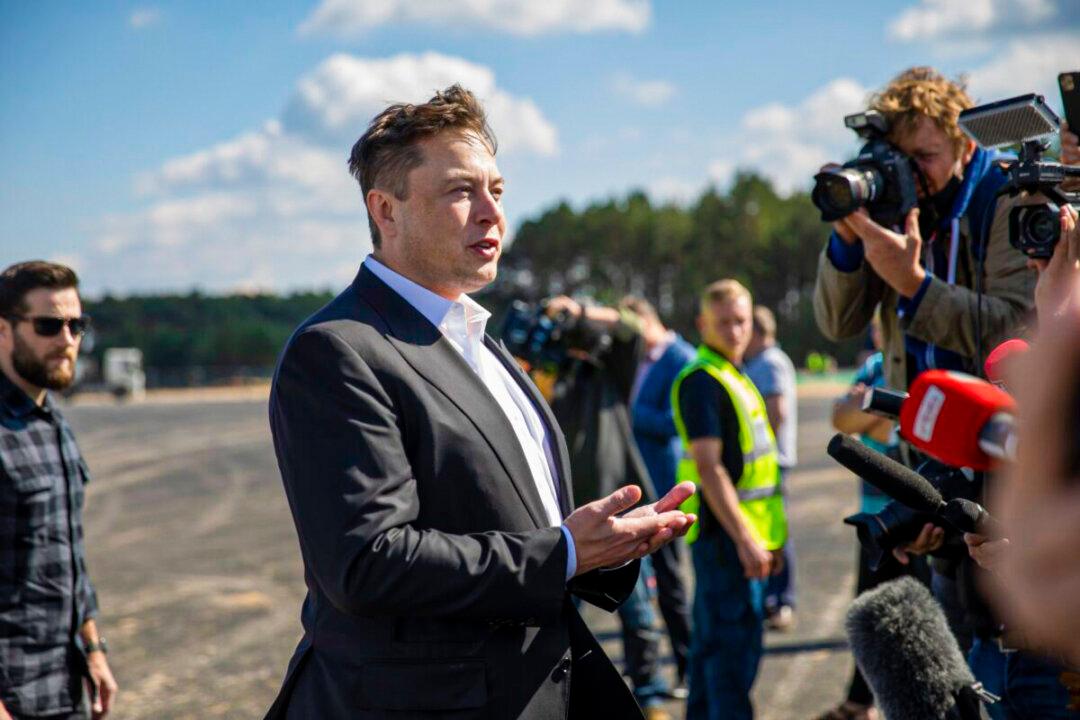Commentary
In recent days, two iconic American public figures, Elon Musk and Barack Obama—each in his own trademark fashion—struck a chord with wildly different audiences in the debate over freedom of speech and expression in this country.

In recent days, two iconic American public figures, Elon Musk and Barack Obama—each in his own trademark fashion—struck a chord with wildly different audiences in the debate over freedom of speech and expression in this country.